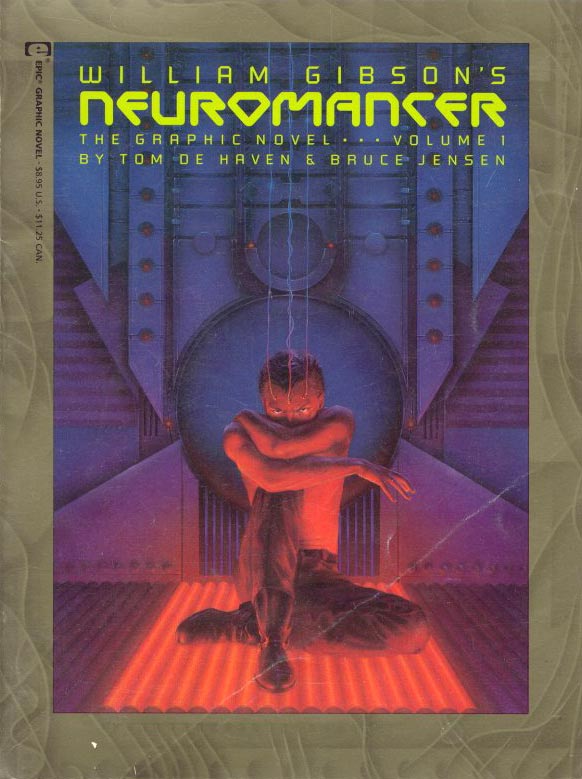

Snooze.Īh, but that's where Gibson enters the fray. Some high falutin' literary folks are inclined to write it off because they think the stars of the show always do the right thing, and the universe always always always gets saved. In other words, it can be clinical, moralistic, and even boring to the non-sci-fi-lovin' eyes.

Like it or lump it, science fiction has a tendency to read a lot like…well, science in fiction form. But take a step back and think of it this way: what was so special about Neuromancer that it won so many awards to begin with?įor starters, Gibson's voice was something new and startling in science fiction. Dick Award-also known as "the science fiction triple crown." Not too shabby for a first novel, which went on to become a cult classic and commercial success.

(Or would that be future history?)Īt first nobody paid much attention to Gibson's debut except for the science fiction community, which awarded the novel with the Hugo, the Nebula, and the Philip K. His book told the tale of "console cowboy" Henry Case, a freelance hacker who takes a job from a mysterious benefactor and becomes entangled in a cyberspace conspiracy that will forever change the digital landscape. In 1984-which seems like a good year for science fiction to us-a relatively unknown author named William Gibson published a small novel called Neuromancer in a tiny subgenre called cyberpunk.


 0 kommentar(er)
0 kommentar(er)
